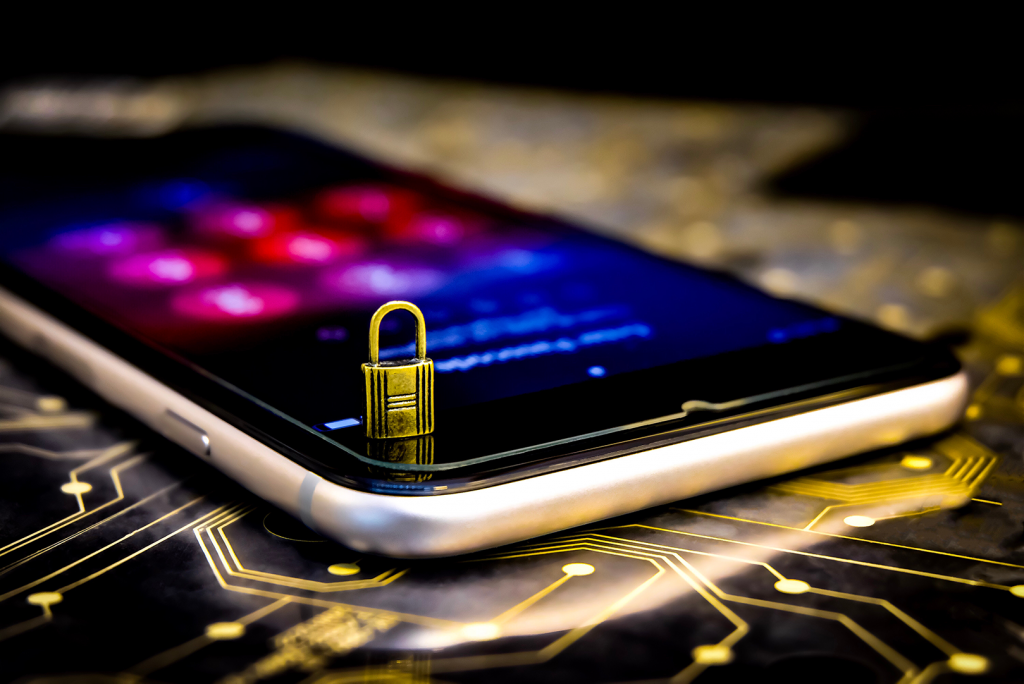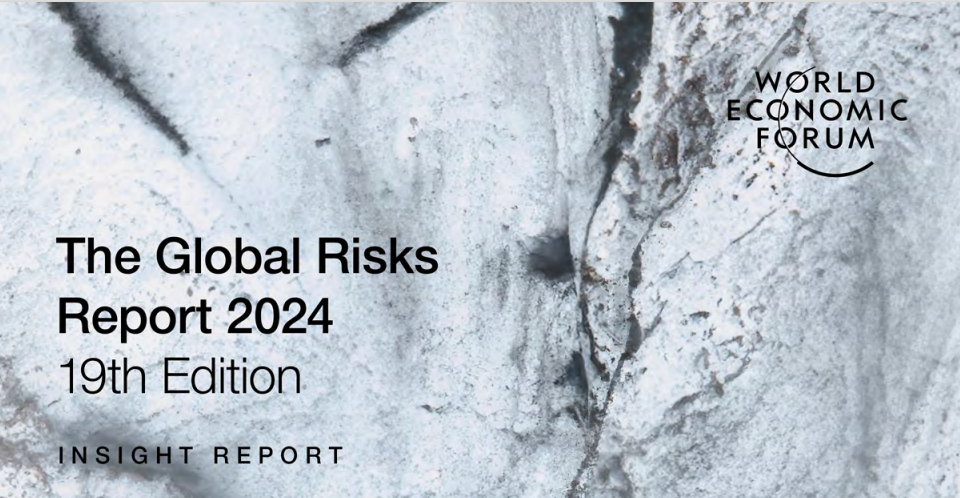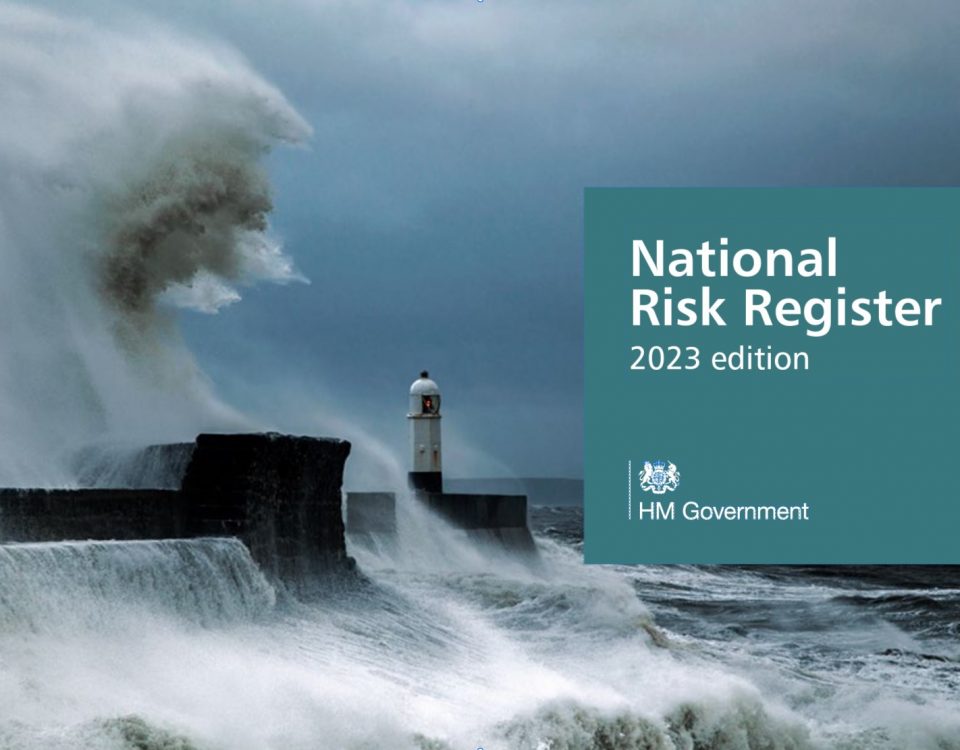Think cyber!

Boxing clever with online training
24th June 2021
Understanding ISO 22301
12th July 2021CIR’s magazine is, this month, dedicated to cyber security. It’s a great read – you can see the full edition here.
As Deborah Ritchie writes in the magazine’s editorial, this is an issue that every major business is turning its attention to – after a year of trying to stay afloat during the pandemic:
“As restrictions begin to ease again and businesses consider their new normal after many months with entire workforces operating from home, questions about how hybrid working strategies will work in practice need addressing. And that includes considering the role of cyber security as an enabler for this blended…new approach.”
Deborah Ritchie
Ritchie points out that there is a major gap between intentions and what is happening on the ground.

Another study backs up this evidence. It highlights the fact that organisations are beginning to recognise the risks of customer data loss, but are often not taking the necessary encryption steps. This is before you look at the important, yet easily forgotten, subject of backup management, where new vulnerabilities have emerged.
Adrian Scott, of Pen Underwriting, wrote earlier this year about the importance of cyber for organisations looking to cover themselves. He criticised the “misguided notion that specialist cyber cover is only for the big brands.”
Part of his argument was about the need to really lay out the implications of a major cyber-attack, in terms of lost hours and reputational damage. “How much will that downtime cost? How many hours, days or weeks can you survive lost income from lost capability? Who will perform the response work?”
It is essential that organisations know the answer to these sorts of questions. If you have not done so already, then take a moment to tally up how long your business could last commercially once systems go down.
Like Adrian Scott, our partners at Aviva stressed the importance of cyber earlier this year. So, this is clearly an area of risk which the insurance industry is watching closely.
Obviously, risk professionals are currently dealing with increased workloads, with the past year spent dealing with the fallout from one of the worst crises since WWII. But the shift towards remote work – and the potential continuation of this post-COVID – represents a real sleeper issue.
A new chink has opened up in the armour. The successful companies will be those that factor it into their processes before something goes wrong.
Will Scobie is a Director of Finance and Business Development at Horizonscan.




